
-First of all, please tell us a brief introduction and your biography up to now.
Hasegawa: After graduating from Kunitachi College of Music, I worked as a music teacher for eight years, and decided to study abroad this time because I wanted to concentrate on teaching piano and performing.
-Have you ever attended a seminar?Have you been abroad?
Hasegawa: I have traveled abroad before, but this was my first time participating in a seminar.
-What made you want to go to this class?
Hasegawa: I decided to participate for two reasons: to gain confidence by building a track record, and to improve my skills.
-How many participants were there?What kind of people were participating?
Hasegawa: At Paris International, there were about seven students in each class. Many students from famous local music colleges were in attendance. At Vienna International, there were about 1 to 7 students in each class, and there were many Japanese students.
-What was the schedule for the seminar?
Hasegawa: At Paris International, we had lessons for 8 days out of 6, and each lesson was 1 minutes. He was a very enthusiastic sensei. At Vienna International, there were four lessons of 90 minutes each. It was easy to plan my schedule since I already had a plan set for the first day.
-What kind of person was sensei?
Hasegawa: The Pascal Godard Sensei at Paris International was an active Sensei who had a lot of energy and taught us with great enthusiasm. At Vienna International, I was taught by Alexander Rosler Sensei, and he was very gentle and kind.
-What did you learn in the lesson?Is there anything that left an impression on you as a result of what you learned?
Hasegawa: In common, I felt that the contrast was clear. The way they played it was also more flashy than in Japan.
-In what language did you take the lesson?
Hasegawa: At the Paris International, I spoke French, and at the Vienna International, I spoke German. Both cases required an interpreter, but I have also had direct conversations with sensei in English.
-Did you have a concert or closing ceremony at the end of the lesson?
Hasegawa: At Paris International, each class met each other at the beginning, and at the end the class, including Sensei, had lunch together and dismissed. There was an opening concert at Vienna International, and at the end of the last student concert, there was a greeting from the organizer.
-Did you have the opportunity to perform in public (concerts, competitions, etc.) during the course?
Hasegawa: At Paris International, there was a class presentation on the last day. At Vienna International, there was a competition in which two selected people from each class could perform. There were also concerts where people who were not participating in the competition could perform.
-Where did you practice?How long have you been able to practice?
Hasegawa: At Paris International, we were told that we could use the flatshare from 10:00 to 19:00, but there were some parts that we had to be careful about, so we practiced in the practice room at the course venue. Basically it was 2 hours, but when it wasn't busy I was allowed to use it all day. At Vienna International, I was able to practice for one hour a day in the hotel's practice room.
-What did you do outside of the lessons?

Hasegawa: On my day off, I went sightseeing to major destinations.
-Where did you stay?how was it?
Hasegawa: I stayed in a shared flat in Paris, and in a hotel in Vienna.
-How was the accommodation facility? (Number of rooms, air conditioning, toilet / bath, washing method, TV, etc.)
Hasegawa: When I shared a flat in Paris, I had a single room and was able to use the kitchen freely. The host was very nice in preparing a refrigerator for me. Hotels in Vienna don't have TVs, just a bed, a shower, and the bare necessities. There were times when brown water came out of the tap, but they cleaned it every day so I didn't have any problems.
-How was the city? (Security, people's appearance, appearance, etc.)
Hasegawa: The flat I shared in Paris was in the suburbs, so I tried not to go out much at night. There seemed to be a lot of pickpocketing, so the interpreter and host told me to be careful. English was often not understood in France. I felt that Vienna was very safe compared to France.
-What did you have for dinner? How much does it cost to eat out for one meal?
Hasegawa: In Paris, there was a supermarket near my accommodation and the course venue, so I went shopping and made sandwiches to eat. In Vienna, the breakfast at the hotel was the same every day, but there was a lot of variety. At night, I went out drinking with friends and went shopping at the supermarket. Eating out cost about 1 euros each time.
-Did you have any tips for getting along with people from overseas?
Hasegawa: Take the initiative to greet and talk to them! is.
-Did you have any moments when you were happy to attend the seminar?
Hasegawa: That moment when I actually took a sensei lesson up close, I realized how different they were even though they were playing the same instrument. Also, I won first place in the competition in Vienna, which made me feel like I have to do my best in Japan as well.
-Do you feel like you have grown in any way after studying abroad?
Hasegawa: I was able to overcome many unknown and scary experiences overseas on my own, so anything is possible in Japan! This made me feel like I should take action on my own.
-Please tell us the major differences between Japan and your study abroad destination.
Hasegawa: Food. I don't like bread. They sell rice, but it's Thai rice, and Japanese restaurants were expensive, so I was sometimes naive when it came to food. Also, the public transportation system is more relaxed than Japan, including the system that allows you to ride without a ticket, and the time schedule.
-Is there anything you would like to give advice to those who will study abroad in the future?
Hasegawa: It's better to know how to say hello and a few words before traveling.
-What are your future activities?Please let me know if you have a career path.
Hasegawa: I plan to appear at local concerts here and there. I'm thinking of opening a piano class in the future.
-Thank you for your cooperation.



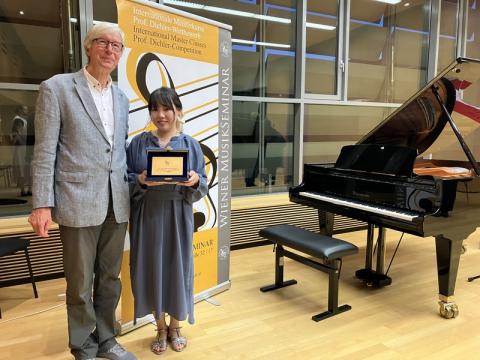
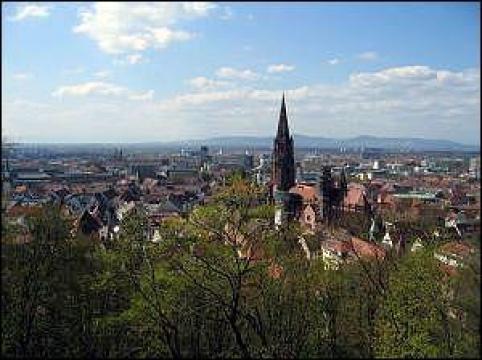
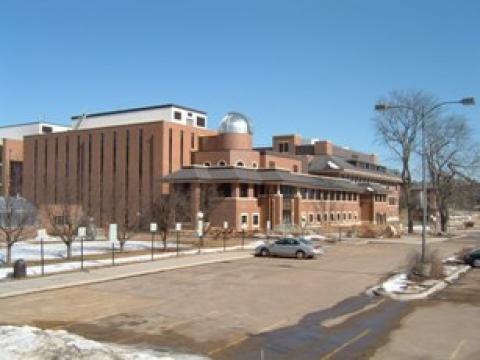
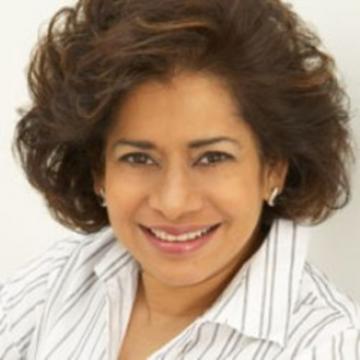
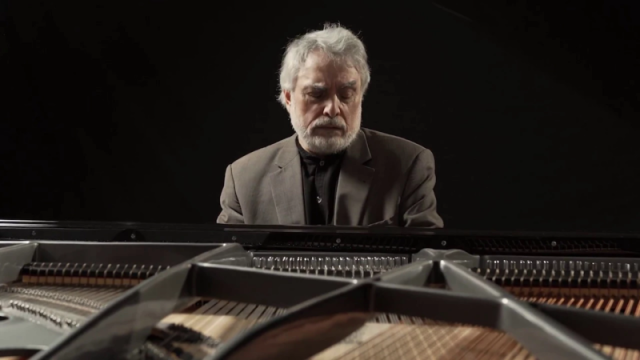
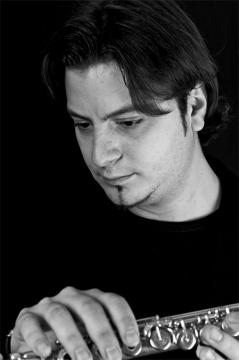
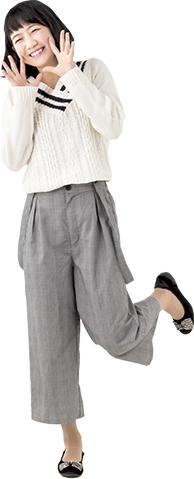

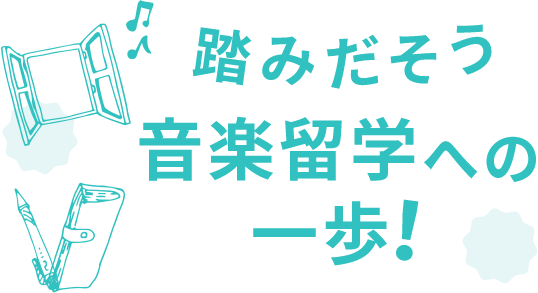
 Book a Counseling
Book a Counseling